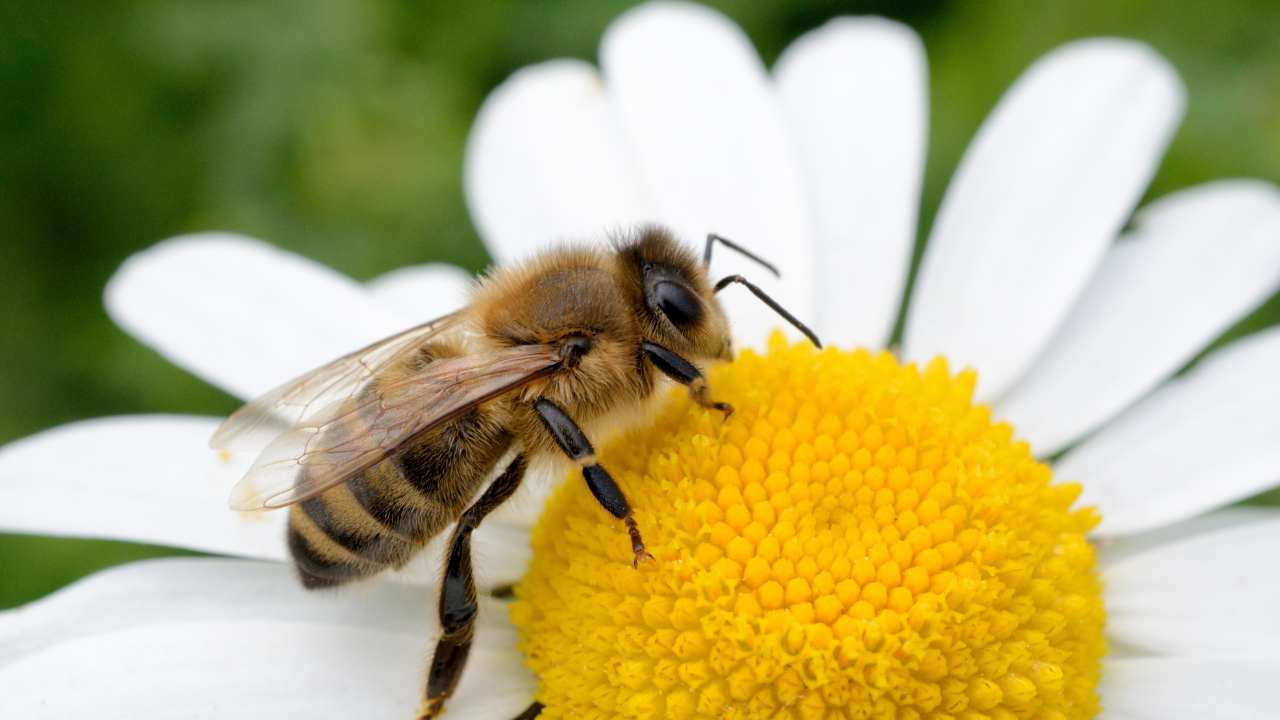Bee venom, an ancient ingredient with numerous purported benefits, has been creating a buzz in the world of skincare. Known for its healing properties and powerful compounds, bee venom has found its way into many beauty products. But is bee venom really good for your skin? Can it live up to the hype, or is it just another trendy ingredient?
In this blog post, we’ll explore the potential benefits and risks of bee venom for skincare. We’ll look at the scientific research, how it works, and whether it’s worth adding to your beauty routine. Plus, we’ll answer some common questions about using bee venom in skincare.
What Is Bee Venom?
Bee venom is a natural substance produced by honeybees. It contains a mixture of proteins, enzymes, sugars, and other compounds that can have various effects on the body, such as anti-inflammatory and pain-relieving properties. Most famously, bee venom contains melittin, a protein that is known for its anti-inflammatory and antimicrobial benefits.
Bee Venom in Skincare: How Does It Work?
In skincare, bee venom is primarily known for its anti-inflammatory properties. When applied topically, bee venom stimulates the skin, promoting blood flow and encouraging the production of collagen. This can result in smoother, firmer skin and help reduce the appearance of fine lines and wrinkles.
Anti-Aging Benefits
Bee venom contains compounds that stimulate collagen production, a key protein that helps maintain the skin’s elasticity. Collagen production naturally declines as we age, leading to wrinkles and sagging skin. Some studies suggest that bee venom can help boost collagen synthesis, leading to a more youthful appearance. (Source: Healthline)
Anti-Inflammatory Properties
Inflammation is one of the leading causes of skin issues such as acne, rosacea, and eczema. Bee venom has strong anti-inflammatory effects, which can help soothe irritated skin. The phospholipase A2 enzyme found in bee venom can reduce inflammation, making it beneficial for individuals with sensitive skin or inflammatory skin conditions.
Antioxidant Effects
Bee venom is packed with antioxidants that help neutralize free radicals, which can damage skin cells and accelerate aging. The antioxidants in bee venom may help protect the skin from environmental stressors, such as UV rays and pollution, which can lead to premature aging and skin damage.
Improved Skin Tone and Texture
Regular use of bee venom in skincare can improve skin texture, making it appear more even and radiant. The venom can help exfoliate the skin gently, removing dead skin cells and promoting a smoother, healthier complexion.
How to Use Bee Venom in Skincare
If you’re considering adding bee venom to your skincare routine, there are several options available, including creams, serums, masks, and even facial oils. Bee venom can be applied directly to the skin or used as part of a product with other beneficial ingredients.
- Bee Venom Creams and Serums: These products are formulated with bee venom as a key ingredient, typically mixed with moisturizing agents and antioxidants.
- Bee Venom Masks: These are usually applied for short periods (about 15-20 minutes) to target specific skin concerns, such as wrinkles or acne.
- Bee Venom Facial Oils: These oils can be massaged into the skin, providing hydration while delivering the benefits of bee venom.
Before using bee venom, it’s essential to perform a patch test to ensure you’re not allergic. Bee venom can cause an allergic reaction in some people, so it’s always best to start with a small amount on a small area of skin.
The Benefits of Bee Venom: Fact or Fiction?
While bee venom has many reported benefits, it’s important to separate fact from fiction. The beauty industry often touts the ingredient as a miracle worker, but how much of this is backed by science?
Scientific Research and Support
There is some evidence to support the use of bee venom in skincare, particularly for its anti-aging and anti-inflammatory effects. Studies have shown that bee venom can improve collagen production and reduce signs of aging. However, more research is needed to fully understand its long-term effects on the skin.
Bee Venom and Acne Treatment
Bee venom has antimicrobial and anti-inflammatory properties, which may help reduce acne outbreaks. Some studies have found that bee venom can reduce the bacteria that cause acne while simultaneously soothing the inflammation associated with breakouts. (Source: PubMed)
Risks and Side Effects
Although bee venom has many potential benefits, there are also risks associated with its use. The most significant risk is an allergic reaction. Some people are allergic to bee stings, and the same can happen with bee venom-based products. Symptoms of an allergic reaction can include redness, swelling, and irritation, and in severe cases, anaphylaxis. Always perform a patch test before using any product containing bee venom.
Is Bee Venom Safe for Sensitive Skin?
While bee venom is generally safe for most skin types, it may cause irritation in individuals with sensitive skin or those prone to allergies. The best way to check if bee venom is suitable for your skin is by performing a patch test. Apply a small amount of the product to a small area of your skin and wait for 24 hours to see if any irritation or allergic reaction occurs.
Bee Venom vs. Other Natural Ingredients: How Does It Compare?
Bee venom is often compared to other natural skincare ingredients like honey, royal jelly, and propolis. While honey is more commonly used for its moisturizing and antimicrobial benefits, bee venom stands out for its ability to stimulate collagen production and reduce inflammation. Propolis, another bee-derived ingredient, is known for its anti-inflammatory and antioxidant properties, but it doesn’t have the same stimulating effects on collagen as bee venom.
Conclusion: Should You Use Bee Venom in Your Skincare Routine?
Bee venom can be a powerful addition to your skincare routine, especially if you’re looking for anti-aging, anti-inflammatory, or skin-smoothing benefits. However, it’s not suitable for everyone. If you’re prone to allergies or have sensitive skin, you should be cautious and perform a patch test before using any product containing bee venom.
Ultimately, if used correctly and carefully, bee venom can help improve skin texture, reduce inflammation, and enhance the overall appearance of your skin. It’s essential to choose high-quality products from trusted brands to ensure the best results and minimize the risk of allergic reactions.
Frequently Asked Questions (FAQ)
1. Is bee venom safe for all skin types? Bee venom is generally safe for most skin types, but it may cause irritation or an allergic reaction in some individuals. Always do a patch test before using it on your skin.
2. Can bee venom help with acne? Yes, bee venom’s anti-inflammatory and antimicrobial properties may help reduce acne by soothing the skin and reducing bacteria.
3. What are the main benefits of bee venom in skincare? Bee venom is known for its anti-aging effects, ability to reduce inflammation, stimulate collagen production, and improve skin texture.
4. How can I incorporate bee venom into my skincare routine? You can use bee venom in the form of creams, serums, or facial masks. Be sure to choose products that suit your skin type.
5. Can bee venom cause an allergic reaction? Yes, bee venom can cause an allergic reaction in some individuals, especially those who are allergic to bee stings. Always patch test before use.



